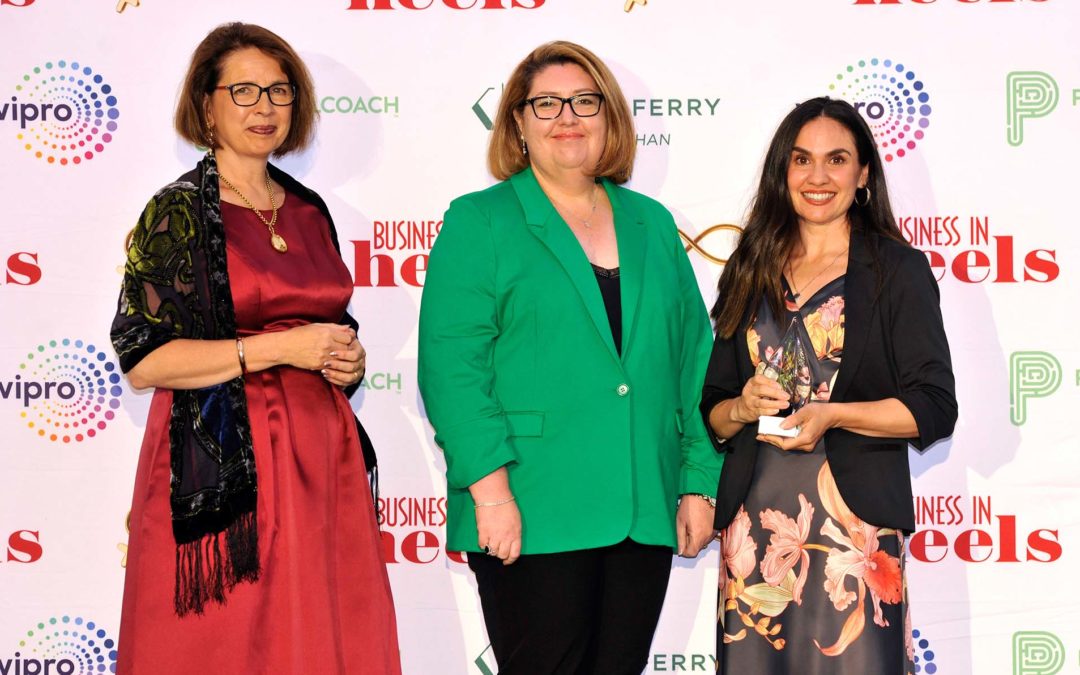Jody Kershaw | Senior Learning and Development Advisor
I am passionate about making sure everyone has access to the same opportunities in life and this is why gender equity is so important to me. In Australia, we have a significant gender pay gap with women earning on average 21% less than men; additionally, women are responsible for most of the unpaid care and domestic work.
Having both a son and a daughter, I want to make sure that their futures are different, that they can choose to work in any job and in any industry they want, and they can participate fully at work and at home without any bias or discrimination.
One of the initiatives and changes I am very proud of is Clough’s equitable parental leave. In 2021, recognising that males in the business were less likely to access parental leave and more likely to be refused or experience bias when applying, we implemented changes to address this. These changes included extending eligibility to our trades and labour workforce, removing eligibility periods to claim parental leave, paying superannuation on the unpaid portion of parental leave and covering stillbirth and surrogacy. These changes resulted in a significant increase in the number of people in the workforce who could access parental leave.
After speaking with new parents, discussing barriers and biases they had experienced when utilising parental leave, further changes to Clough’s parental leave entitlements were made. These changes included increasing the period in which parental leave can be claimed, from 12 months to 24 months following the birth, adoption or surrogacy, and allowing flexibility in how parental leave can be used, including in a part-time capacity. These changes ensure our people have the support and flexibility they need to manage their work and family life, as well as encourage shared caring responsibilities amongst all parents.
We have worked to challenge gender-based stereotypes around parental leave by sharing case studies of males taking flexible parental leave. This has had a positive impact on the culture of business, normalising parental leave for all genders and resulting in up to 50% of primary parental leave being utilised by males.
By implementing changes like these, we support women to remain employed as they start a family, ultimately minimising future gender pay gaps, career advancement impacts and the superannuation gaps experienced by many women at retirement.
We also encourage more males to take primary parental leave, creating a more equal division of unpaid care and paid work which ultimately improves family work-life balance and contributes to gender equity.

